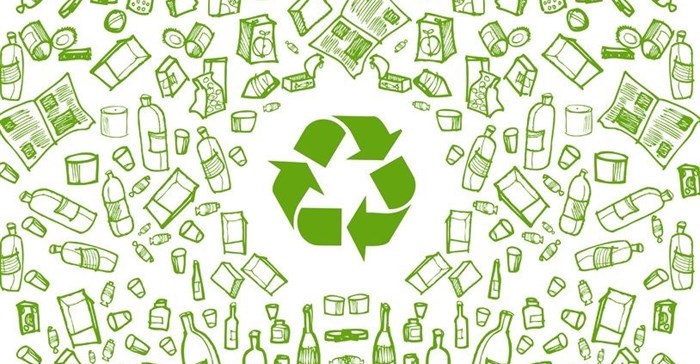Create a recycling culture: the dustbin test

According to US Environmental Protection Agency figures, 90% of office waste at the average workplace is recyclable.
Well-structured recycling programmes already generate ‘greenbacks’ for companies that turn trash into cash. This creates a financial incentive for business to engage in more aggressive recycling.
Are South African companies responding? Yes!
Can more be done and should more businesses join the effort? For sure!
However, strong leadership is needed to drive change, as well as preventative measures.
Triple bottom line
A recycling culture has to be established and must permeate the entire organisation day by day. Occasional emails from head office are not enough. Senior executives must set parameters and follow up regularly.
Companies committed to the triple bottom line have a head-start.
They consider people and the planet as well as profits. Only by giving due weight to all three can business sustainability be achieved.
Corporates that endorse business sustainability accept this philosophy, but theoretical commitments are not enough. Companies must live the sustainability mission and a recycling culture helps them do it.
For the culture to take root every employee must contribute. But how?
First the need and potential must be assessed.
It is possible to conduct a waste audit by piling rubbish on an open tarpaulin and assessing rubbish categories and quantities over a specific period. But a simple ‘dustbin test’ is often enough to confirm the need for urgent change.
Get your shoes dirty. Walk round to the dustbins or dumpster. Poke around. You will see paper, cardboard packaging, glass, plastics, ink cartridges, soft-drink cans and much more.
All of the above can be recycled.
To secure the full benefit of recycling, a holistic approach is necessary. Key steps include:
- Education and awareness … make staff aware of recycling benefits. Also stress the need to reduce material usage. Question the need for paper copies. Print both sides of an A4 sheet. Use black ink only.
- Local accountability … appoint sustainability champions and team leaders to drive broad staff participation.
- Make it real … put recycling waste bins in every office.
- Form partnerships … specialists in the sorting, collection and responsible disposal of waste materials, used motor oil etc can help you. Many supply detailed reports of volumes, categories and the commercial return on the recycled material.
- Report success … create targets and set up scoreboards so your people know how well they’re doing. Celebrate milestones. Put recycling on the executive agenda and provide reports to the board.
- Embed a recycling ethos across the business … make it a procurement imperative that you purchase more supplies with recycled content. Try to integrate recycling into enterprise development. Separation and collection of waste from your operations may be a commercial opportunity for a start-up, community-based entrepreneur.
All employees must be encouraged to replicate this habit at home, maybe then we may save the planet, our home!
About Auguste Coetzer
View my profile and articles...